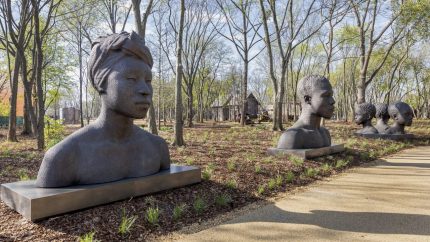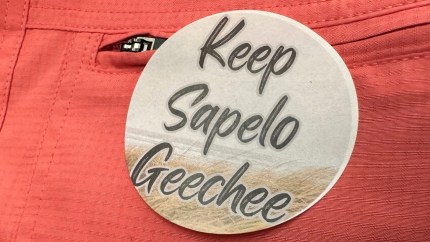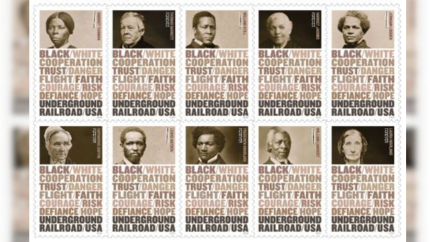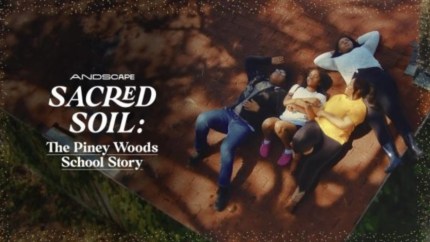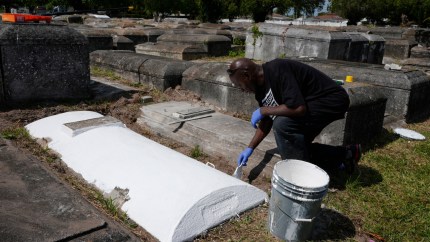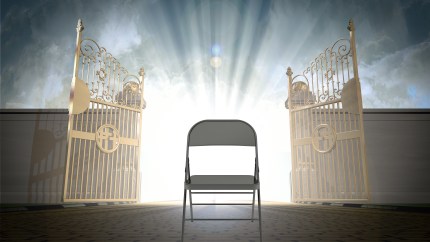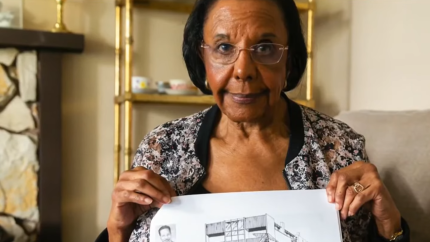Black twin sisters buy Woodland Plantation, site of the largest US uprising of enslaved people
Jo Banner and Joy Banner, founders of The Descendants Project, acquired Woodland Plantation in LaPlace, Louisiana, with an unwavering commitment to preserving its historical legacy.
Growing up in Louisiana, on the West Bank of the Mississippi River, Jocyntia “Jo” Banner and her sister Joyceia “Joy” Banner learned about the 1811 revolt by enslaved people from their grandmother. Their matriarch said the heads of those who rebelled and fought for their freedom were cut off and put on stakes along the Mississippi River. The story, Banner said, had been passed down in her family from generation to generation through oral tradition, but it’s not just folklore.
Reports of heads severed and spiked to serve as a warning to any who dreamt of liberation from oppression are recorded in articles in Smithsonian Magazine, The Guardian, The Times-Picayune and a piece written by Louisiana historian Leon A. Waters for the Zinn Education Project.
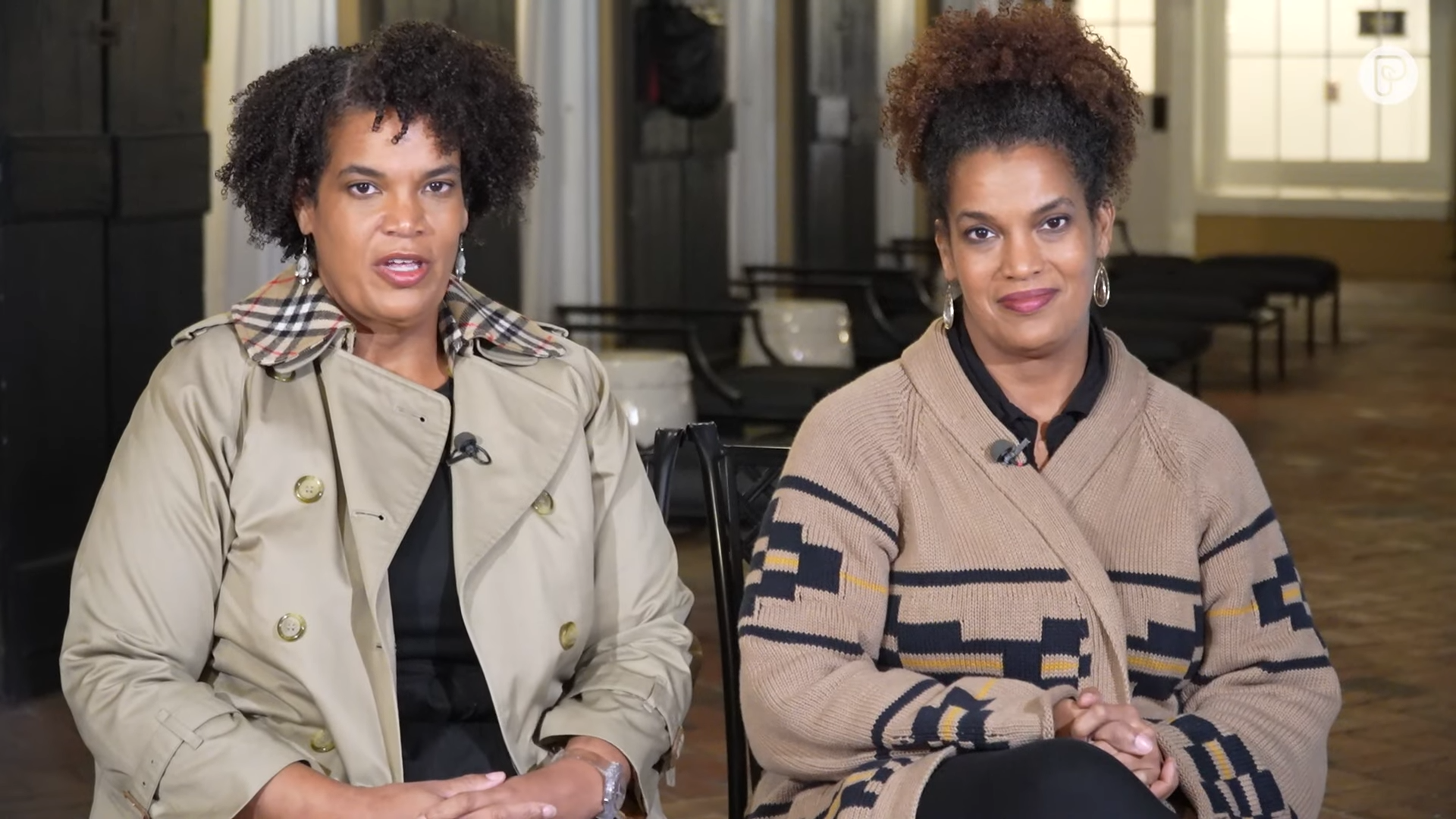
The 1811 revolt began at the Woodland Plantation in LaPlace, Louisiana. Charles Deslondes and about 25 other enslaved people attacked Manuel Andry and his son, killing the son. As they marched toward New Orleans, enslaved people from other plantations joined them, with the crowd of rebels growing to more than 500. The group was stopped by the military and captured. Some were put on trial and executed.
“They were freedom fighters,” Jo Banner said of the 1811 revolt participants. “They were trying to save their lives and the lives of their family.”
And now the Banner sisters are working to save their history as the new owners of that plantation that was home to what has been described as the largest uprising of enslaved people in American history.
During the last few years, the Banners had been in talks with the owner of the Woodland Plantation, Timothy Sheehan, about the importance of preserving Black history in the River Parishes, Jo Banner said. In 2023, Sheehan contacted the Banner sisters and told them he planned to put the property up for sale and asked if they were interested in purchasing it.
According to records in the St. John the Baptist Parish Clerk of Court Office, the sisters, through their nonprofit, The Descendants Project, bought the plantation for $750,000 in January. The purchase included the 4,000-square-foot main building and four acres. The Banners founded The Descendants Project, to “preserve and protect the health, land, and lives of the Black descendant community located in Louisiana’s River Parishes.”
Recommended Stories
Sharlene Sinegal-DeCuir, an associate professor of history at Xavier University, said “it’s amazingly powerful” that generations after the 1811 revolt, the descendants of the enslaved have the “right to tell the stories of their generation, of their legacy.”
“It gives the lives of those who lived at that time justice for what they were doing,” Sinegal-DeCuir said. “It just turns Louisiana history on its head because now we are able to tell the story of resilience, of reliance in the community, of hope, of strength, of all those things that other narratives buried down.”
Sinegal-DeCuir said the 1811 revolt demonstrated that enslaved people were “not happy slaves on the master’s plantation.”
“We wanted more. We aspired for more, and we were going to fight for more,” she said. “They were willing to die for what they believed in because I think they had a greater understanding of how it would impact their descendants later on.”
The Banners plan to operate the Woodland Plantation in a way that recognizes the history of the enslaved descendant community there, offering genealogy resources for those in the community who may be interested in researching their ancestry, and providing a space to have conversations about environmental injustice, Jo Banner said.
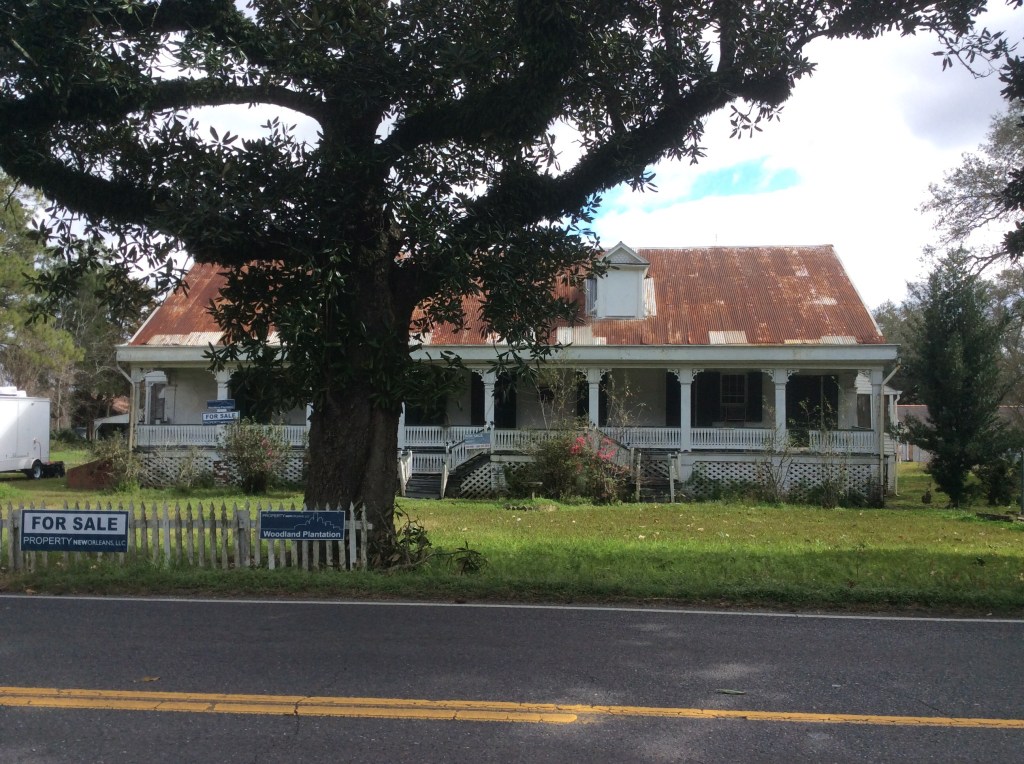
Recently, The Descendants Project has been fighting to keep Greenfield Louisiana LLC, a grain elevator export company, from building a plant in the Louisiana River Parishes area already oversaturated with oil and chemical companies, giving the community the sobering moniker of Cancer Alley.
The industrial companies that populate Cancer Alley are along the same route that Deslondes and the rebels of the 1811 revolt took during their journey that started at the Woodland Plantation, which was added to the National Register of Historic Places in 2017.
“Knowing that home’s history and everything that happened, that our names are going to be put in the paperwork of this home, that you’re going to see it going all the way from the 1700s and white ownership and all of a sudden that they got more melanin on that title history, we’re already seeing how impactful that is for us to be in this space just as Black women,” Jo Banner said. “We’re going to provide access to the history in a way that Black people can feel welcome in the space.”
Never miss a beat: Get our daily stories straight to your inbox with theGrio’s newsletter.
